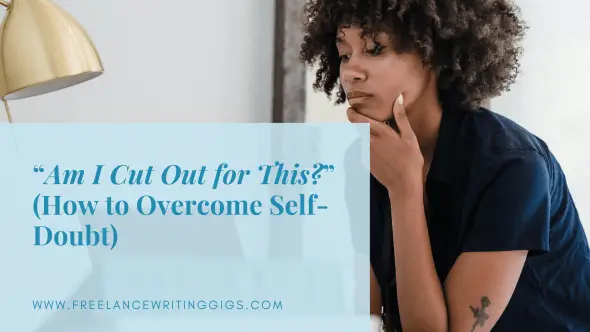Eight Books for Getting a Better Night’s Rest
I’m wrapping up the seventh month of my year-long Foundations project. This month’s focus is sleep. I’ll share some personal reflections in the next post. In this post, I’ll share the books I read and key takeaways on sleep. For those interested, you can also read my updates and book lists from previous months here: […] The post Eight Books for Getting a Better Night’s Rest appeared first on Scott H Young.

I’m wrapping up the seventh month of my year-long Foundations project. This month’s focus is sleep. I’ll share some personal reflections in the next post. In this post, I’ll share the books I read and key takeaways on sleep.
For those interested, you can also read my updates and book lists from previous months here:
- Fitness: Start, End, Books.
- Productivity: Start, End, Books.
- Money: Start, End, Books.
- Food: Start, End, Books.
- Reading: Start, End and Books.
- Outreach: Start, End, Books.
The 3-Minute Summary of What I Learned This Month
Sleep matters. Modest sleep loss impairs cognition, mood and immune system. Total deprivation is lethal.
Despite that, we devalue sleep culturally. We valorize those who push through sleep deprivation—even though many cognitive tests show that twenty-four hours without rest impairs us as much as being legally drunk.
Sleep is much more than simple unconsciousness. Our brain is highly active when we sleep. Spindle events transfer memories from the hippocampus to the cortex. Glial cells shrink allowing cerebrospinal fluid to rinse the brain and remove waste products. Dreams occur throughout sleep with the most vivid and bizarre occurring during REM sleep toward the end of the night, although we remember few of them because circuits for memory are actively suppressed.
Our need to sleep is driven by two processes. The first, Process S, accumulates sleep pressure throughout the day. It is probably regulated through adenosine. The other, Process C, cycles between day and night. Process C is signaled with melatonin and requires daily doses of bright light during the day and darkness at night to calibrate.
Ideally, these two processes synchronize to make you sleepy at night and awake during the day. But caffeine (which temporarily blocks adenosine receptors) and indoor lighting can mess with these basic rhythms, making it harder to fall sleep.
Insomnia is not sleep deprivation. If you are sleepy enough, you will sleep. The most successful therapy for insomnia is actually to limit how much time you spend in bed—forcing you to accumulate enough sleep drive to make it possible to fall asleep quickly. Worrying about sleep is one of the best ways to ensure you struggle to sleep well.
Scientifically, we still don’t know why we sleep, though there are many possible theories. The lack of consensus may be because sleep actually performs many different physiological functions that have all co-located to our period of daily dormancy.
Notes on the Books I Read About Sleep
Side note: I didn’t include Matthew Walker’s popular book, Why We Sleep. See this footnote for an explanation.7
1. Hello Sleep by Jade Wu
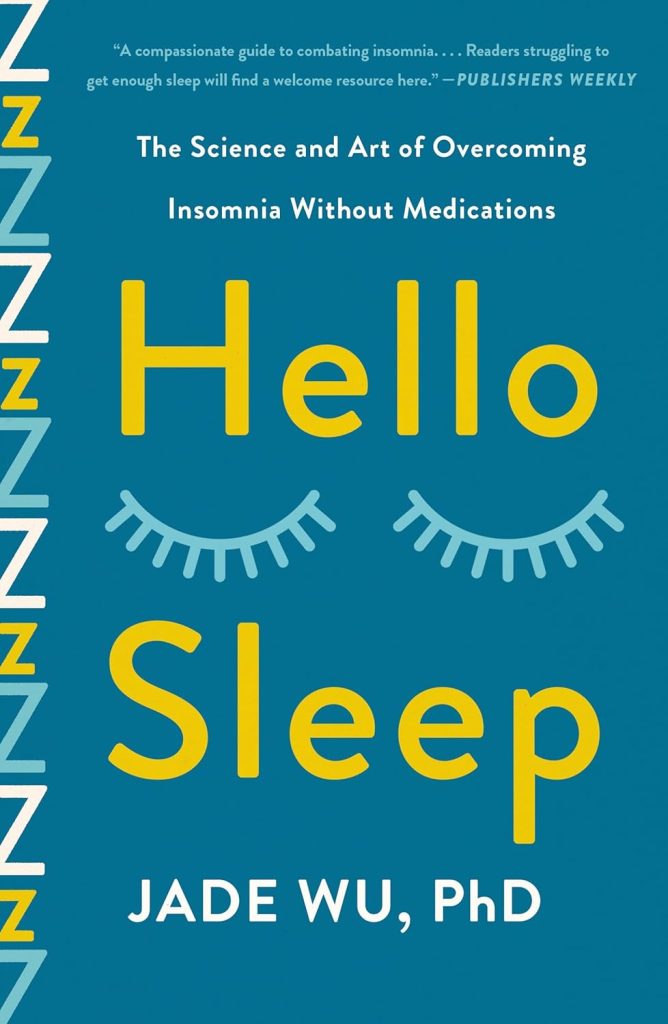
Insomnia is when you desperately want to sleep but can’t fall asleep or stay asleep.
The most successful treatment for insomnia is somewhat paradoxical. Instead of trying harder to sleep more (which causes you to stress out about sleeping, making it harder to fall asleep), you do the opposite: limit how much time you spend in bed.
This forces you to build up sleep drive, making it easier to fall asleep. It also helps you condition the association between your bed and sleeping, instead of your bed and television, social media or, worst of all, *trying* to fall asleep.
One of Wu’s most surprising arguments was that those who suffer from insomnia aren’t, in general, sleep deprived. They may have poor quality or consistency of sleep. They may feel tired and awful. But they usually aren’t sleep deprived—otherwise they would naturally fall asleep.
It seems like part of insomnia is itself sustained by the anxiety you have over your own sleeping patterns. Trying too hard to sleep well can get in the way of sleeping well!
2. Wild Nights by Benjamin Reiss
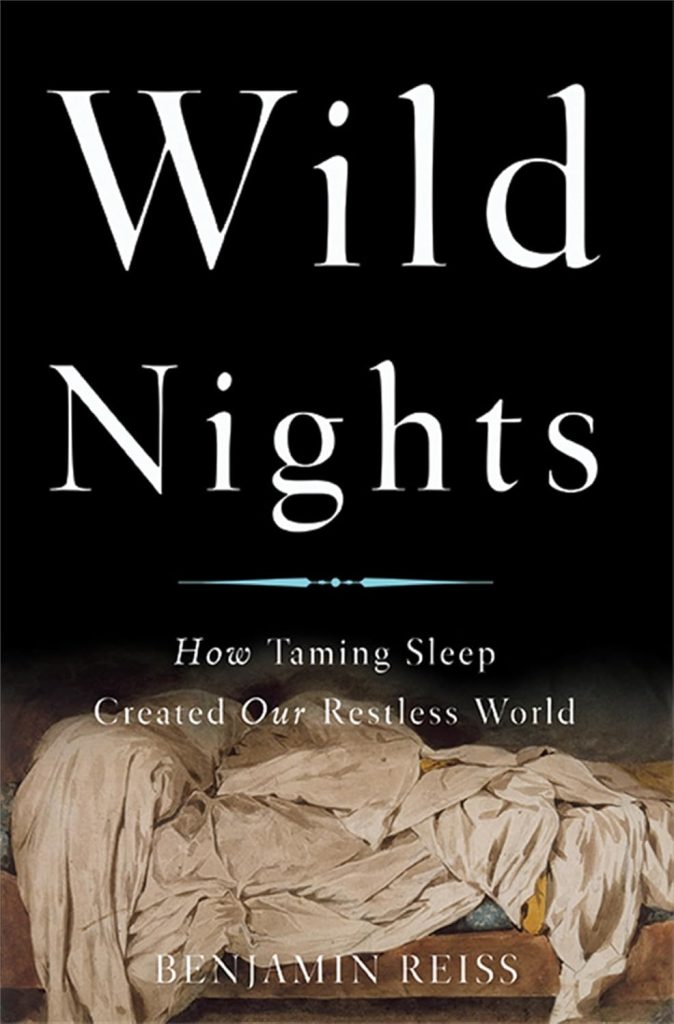
What’s the “proper” way to sleep? If you’re like me, I’m guessing you imagine something like this: you turn off the lights, go into a room alone or with your significant other, then you fall asleep for eight hours straight, rising to an alarm clock. This is followed by an uninterrupted sixteen hours of activity before you sleep again.
Reiss points out that this modern ideal of sleeping is actually incredibly weird when compared to how most human beings have traditionally slept.
Far more common was the pattern of having two sleeps: going to sleep for a few hours, waking up for some quiet mid-night activity, then going back for a second sleep. Naps, too, were remarkably common cross-culturally. And historically, sleep was almost never a private affair—whole families, including guests, typically slept together in the same bed.
Our modern angst about sleep can be traced back to the invention of indoor lighting, which severed our sleep-wake cycle from the sun.
In his book, Reiss explores more of our sleep-related weirdness, from the parent-sleep-industrial complex, to the deeply intertwined history of sleep and racism, and even the thesis that Walden was precipitated by Henry David Thoreau’s difficulty getting a good night’s sleep.
3. The Neuroscience of Sleep and Dreams by Patrick McNamara
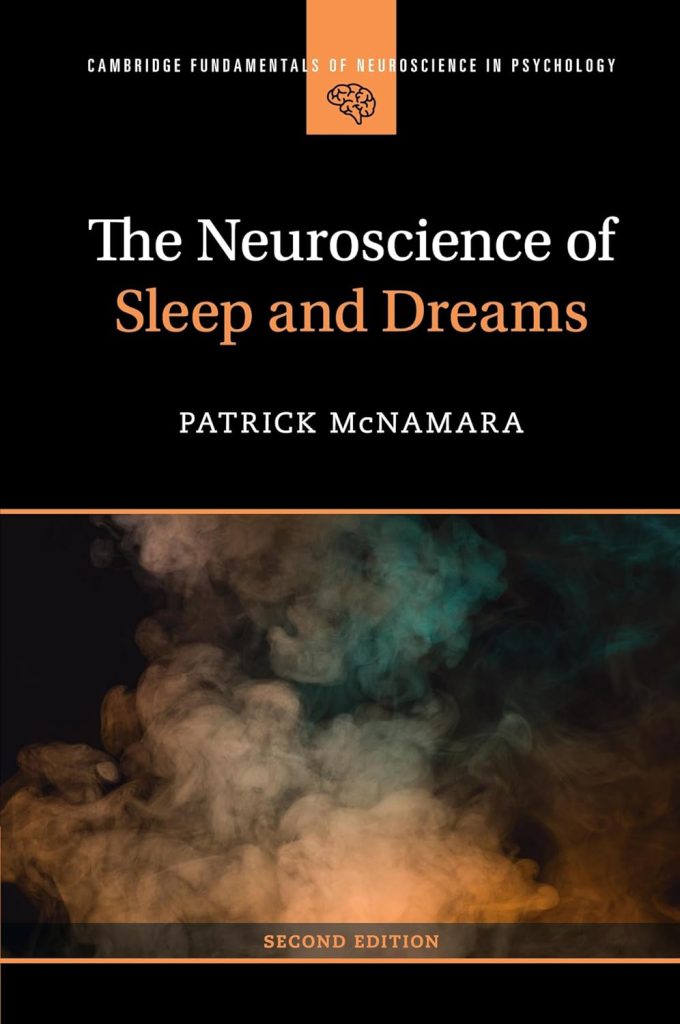
Why do we sleep? Science has a lot of theories, but is far from a consensus over sleep’s primary purpose.
This itself ought to be an amazing fact. Compare sleep to nutrition. We’re far from having achieved perfect knowledge of nutritional science, but there’s no controversy amongst experts over why we eat.
Sleep is evolutionarily expensive. It requires an animal to forego feeding, exploring or mating for hours at a time—all while putting itself in a position that makes it vulnerable to predators. Despite that, virtually all animals sleep. Dolphins sleep one half of their brain at a time so they won’t drown, and bears must rouse themselves from their hibernation in order to allow their brains to sleep. Perhaps the lack of knowledge here is disappointing. But in our modern age where everything seems to have long been discovered, theorized and explained, I find it exciting that such a basic question about human existence is still shrouded in mystery.
4. Sleep: A Very Short Introduction by Steven Lockley and Russell Foster
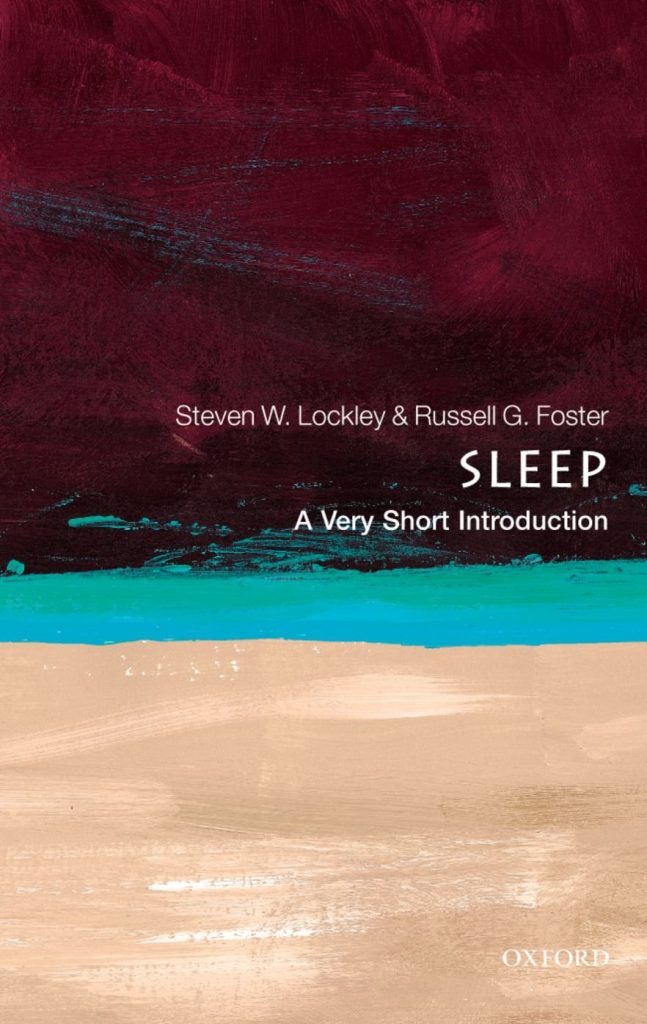
I found this to be a good general summary of sleep science, from Process S and Process C to the four stages of sleeping and what we know about their functions.
One of the most interesting tidbits in this book concerned the best practice for overcoming jet lag. The key is to carefully time bright light exposure to nudge your internal clock in the desired direction. In general, evening light delays your clock and daytime light advances it.
For instance, a traveller leaving New York at 7 a.m. and landing in London at 7 p.m. (local time) after a 7-hour flight is five hours “behind” the English time zone, i.e., his body still thinks it is 2 p.m. Light exposure during the latter part of the flight or when he lands in London, however, will work to delay his internal clock, which is opposite of the adaptation needed. Therefore, minimizing light exposure in the latter hours of the flight and upon landing will hasten his adaptation to the new time zone.
Tragically, the necessity of light exposure to entrain this daily rhythm means that most completely blind people suffer from a desynchrony of their internal clock, flipping completely out of phase every month or so, as their suprachiasmatic nucleus does not get the needed pulse of light to keep it aligned with the Earth’s rotation.
5. Dreaming: A Very Short Introduction by J. Allan Hobson
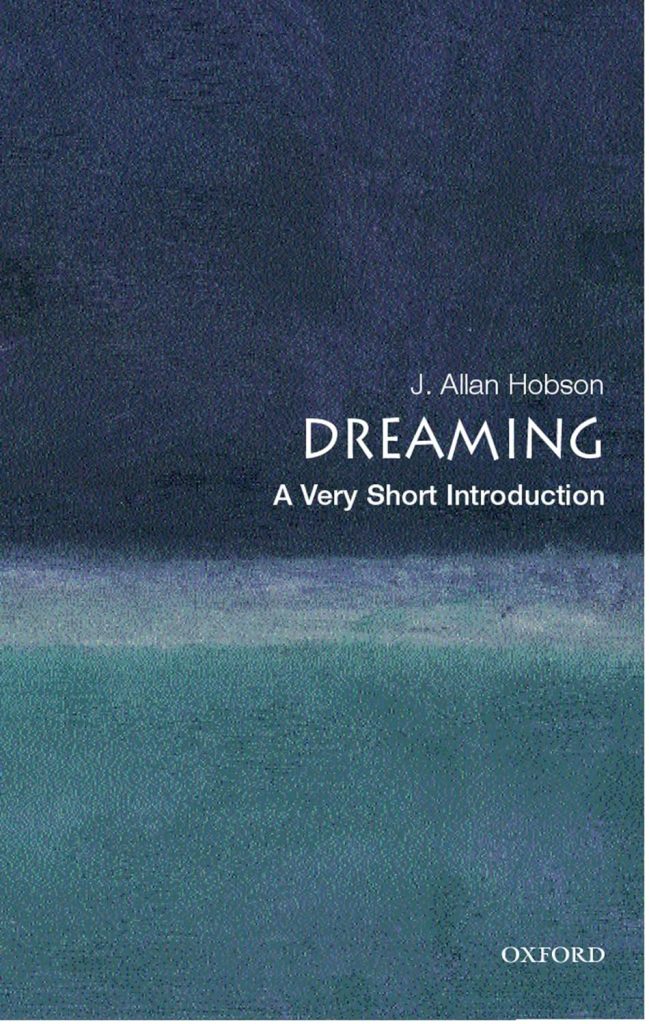
Dreaming is mysterious. It is also poorly understood.
Some of this is probably due to the difficulty of the subject. Dreams are difficult to remember, control and interpret. Sleeping in a lab distorts the kinds of dreams we have, and MRI machines are noisy, uncomfortable and expensive, making the bread-and-butter neuroscientific technique used for studying countless other mental phenomena difficult to apply.
But some of our misunderstanding also seems to be a direct result of the pernicious influence of Sigmund Freud and his followers’ ideas about dreams. For decades they had a stranglehold on theories of dreaming, despite many of Freud’s tenets being directly contradicted by data.
Unbelievably, rapid eye movement (REM) sleep wasn’t discovered until the 1950s. Anyone who has watched someone as they were sleeping could have made such a discovery.
Hobson persuasively argues that the strangeness of dream content has distracted us from dream form. We focus on the unusual things that happen in dreams, searching for explanations to their meaning, rather than documenting the way dream consciousness systematically differs from waking consciousness (highly visual, poor self-awareness, etc.). Hobson then links these formal features of dreams to the brain systems that are selectively activated or downregulated during dreaming, arguing that the actual content in dreams is largely meaningless.
6. The Unappreciated Power of Naps with Jade Wu
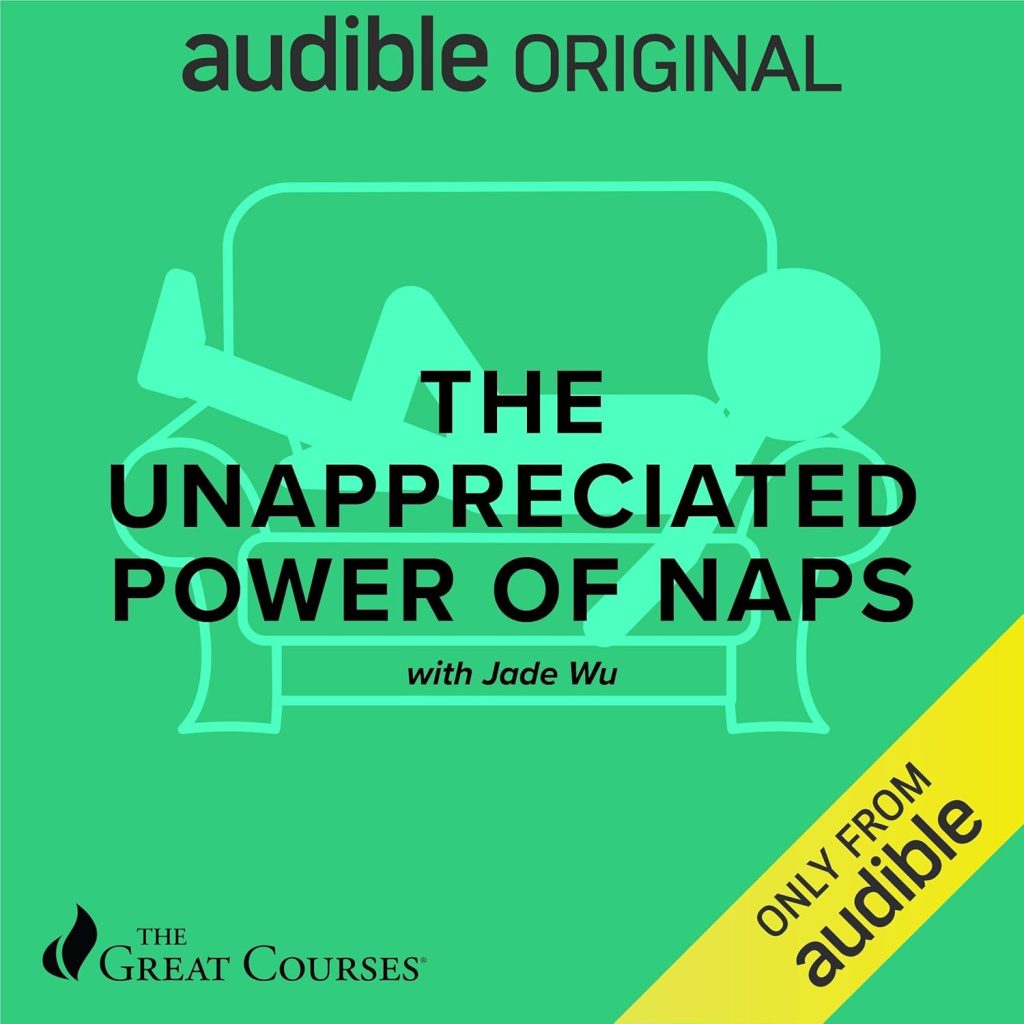
In this Audible-only lecture series, Wu (also the author of Hello Sleep) shares research surrounding the power of naps.
Citing a range of studies, Wu documents that naps can boost our mental and physical performance, suggesting that napping, long taken as part of cultural tradition in places such as China and Spain, has been underrated in our modern expectation of sixteen-hour wakefulness.
Still, napping can be a double-edged sword. Sleep too long or too deeply and you can find yourself too groggy afterward to function effectively. Naps can also eat away at your sleep drive, making it hard to fall asleep at night.
To nap effectively, therefore, Wu argues that we should follow the rule “quick and dirty, under thirty”: keep naps less than half an hour to prevent entering into slow wave sleep. Wu also notes that naps work best when done consistently, on the same schedule, like regular sleep.
7. The Secret World of Sleep by Penelope Lewis
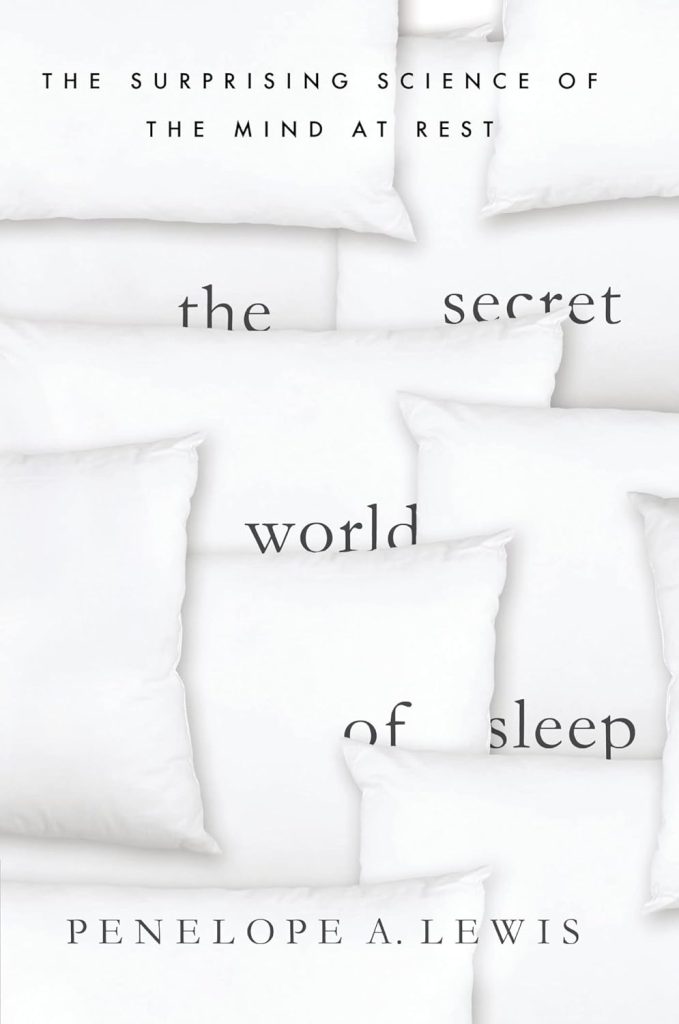
While we still may not know the full purpose of sleep, it is fairly clear that, in complex organisms, learning is one of the primary beneficiaries of a good night’s rest.
Lewis, a neuroscientist, reviews the basics of how learning works in the brain and then shares the science of how sleep works to consolidate, enhance, prune and selectively delete memories. She shares research showing that sleep helps with reinforcing important information, strengthening skills, abstracting away details and forming creative associations.
She also pokes holes in Hobson’s theory that the contents of dreams don’t matter, suggesting a few possible roles for dreams ranging from dialing down the emotional content of our memories to managing our social lives.
8. Caffeinated by Murray Carpenter
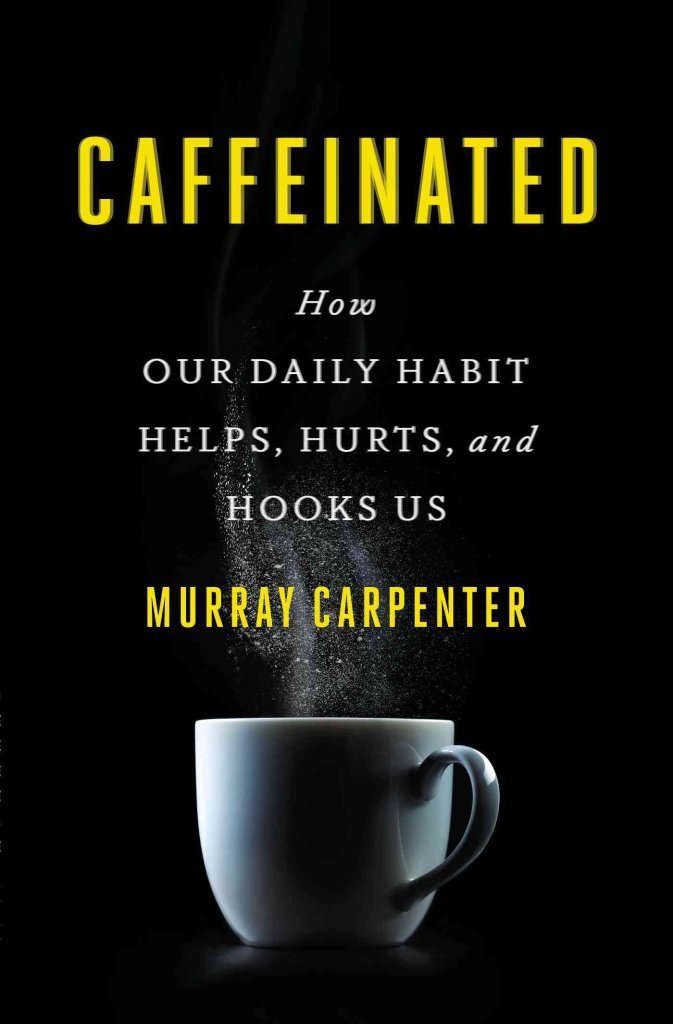
The flip side of our cultural denigration of getting sufficient sleep is the elevation of the chemical that makes us think we don’t need it. Caffeine has long been our society’s drug of choice, with coffee, tea, and sodas enabling us to push through sleep deprivation.
As a drug, caffeine is difficult to judge. On one hand, it has remarkable benefits for cognition and physical performance, minimal side-effects and a relatively high toxic dose.
On the other hand, caffeine is a drug that has a physiological effect on the human body. Furthermore, it is reinforcing, which means we are inclined to keep consuming more of it.
Carpenter makes a provocative analogy between the liberal addition of caffeine to sugar-containing beverages and the addition of nicotine to cigarettes. The former are implicated as a major contributor to the obesity epidemic, and it is no coincidence that soft drink companies find it useful to add this mildly addictive substance to their products.
At the same time, caffeine is barely regulated, working its way into not just the traditional coffees and colas, but juice, supplements and even chewing gum. We’re engaging in a worldwide experiment with upping our caffeine intake, and I think Carpenter is right to be at least slightly alarmed at the possible downstream consequences.
_ _ _
That’s it for books this month. Next week, I’ll post some reflections on my personal efforts to sleep better this month!
The post Eight Books for Getting a Better Night’s Rest appeared first on Scott H Young.


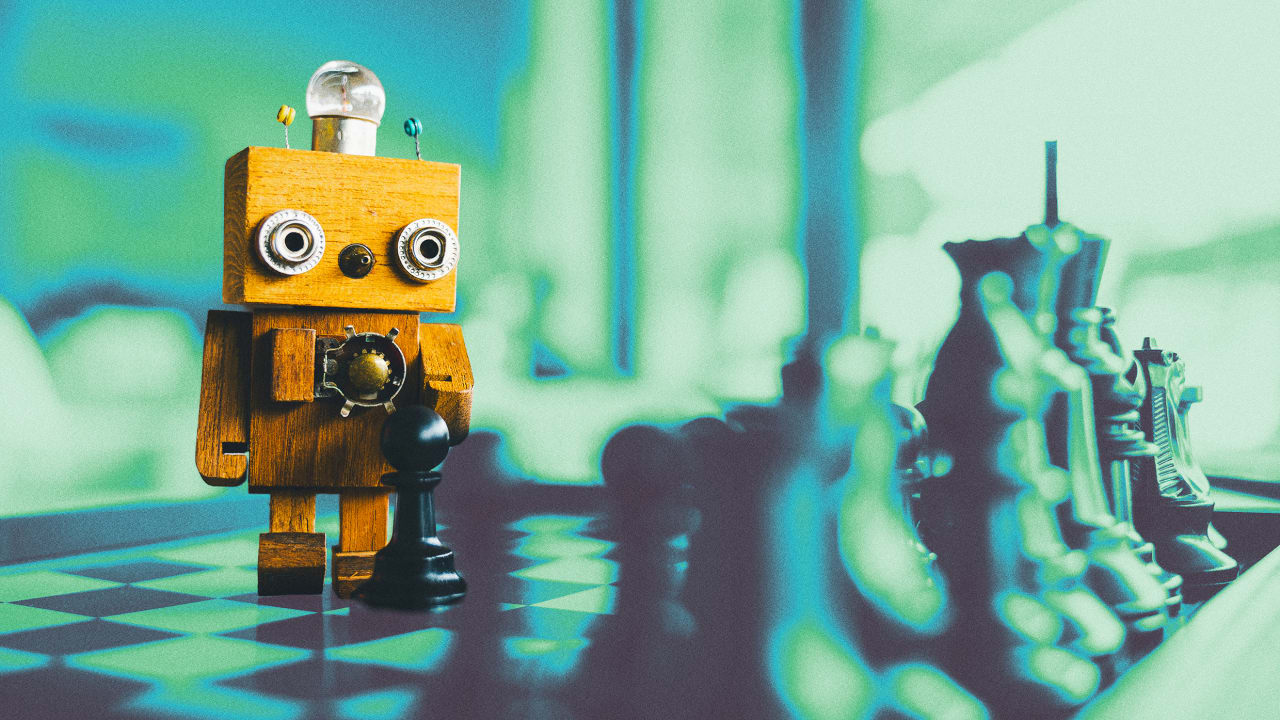










































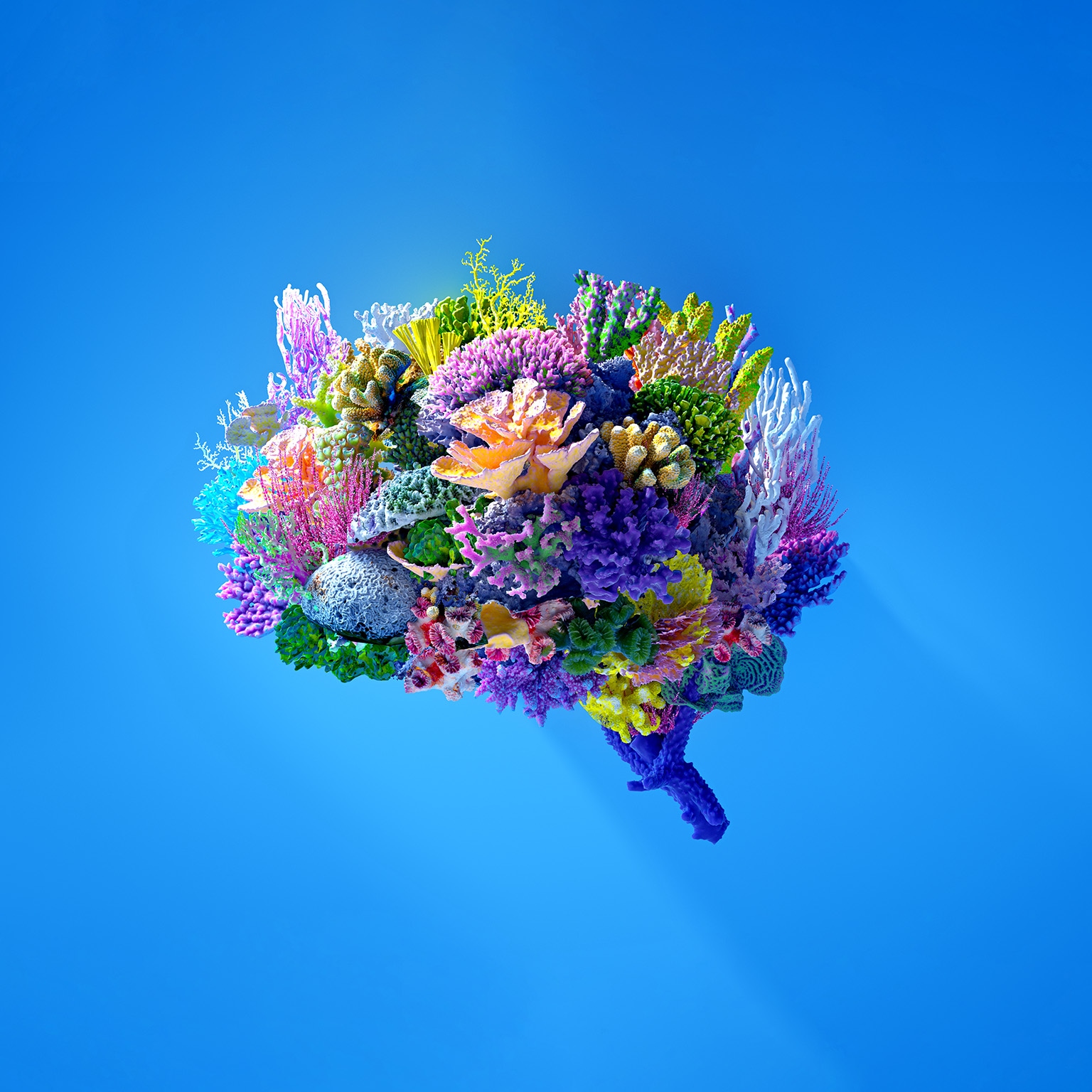
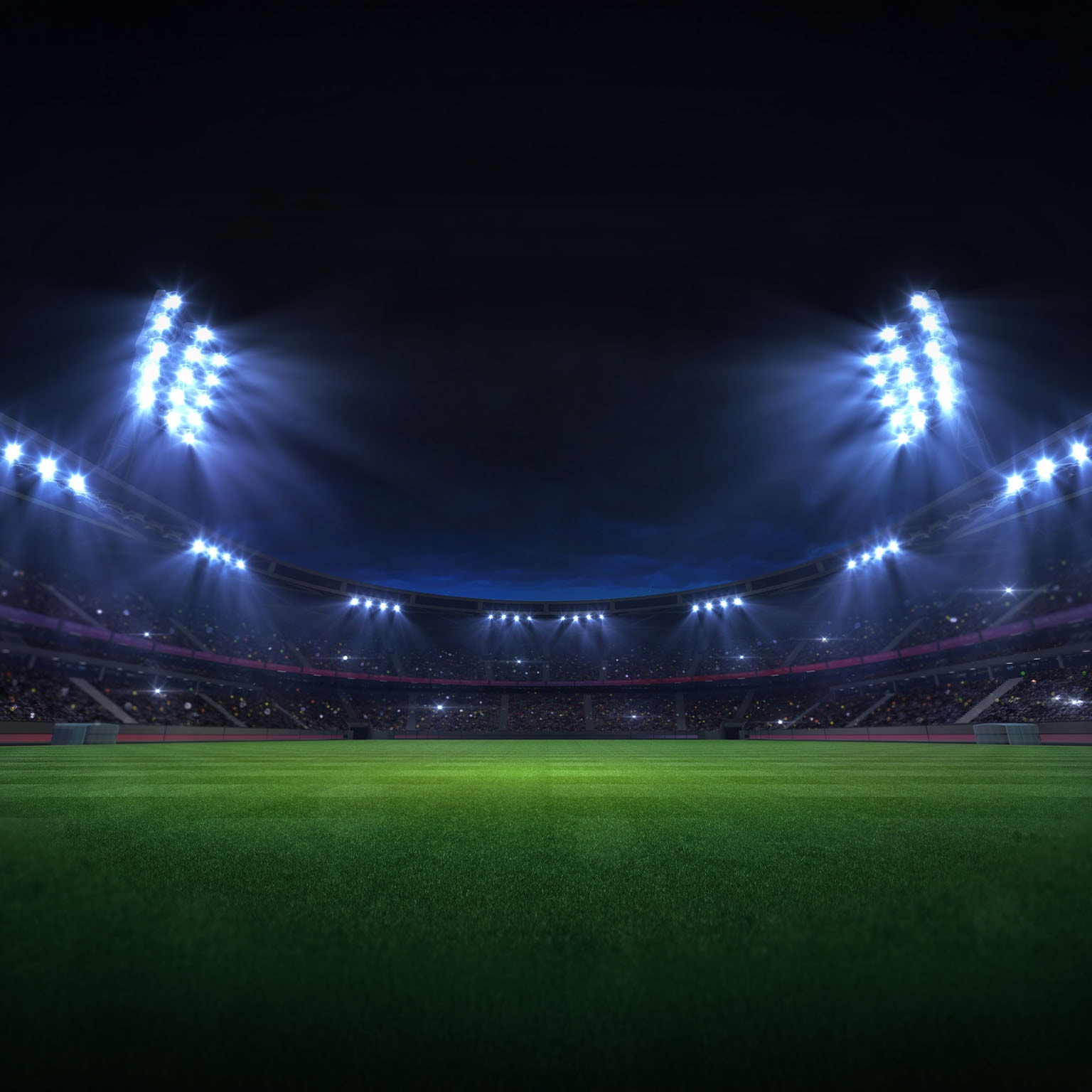



























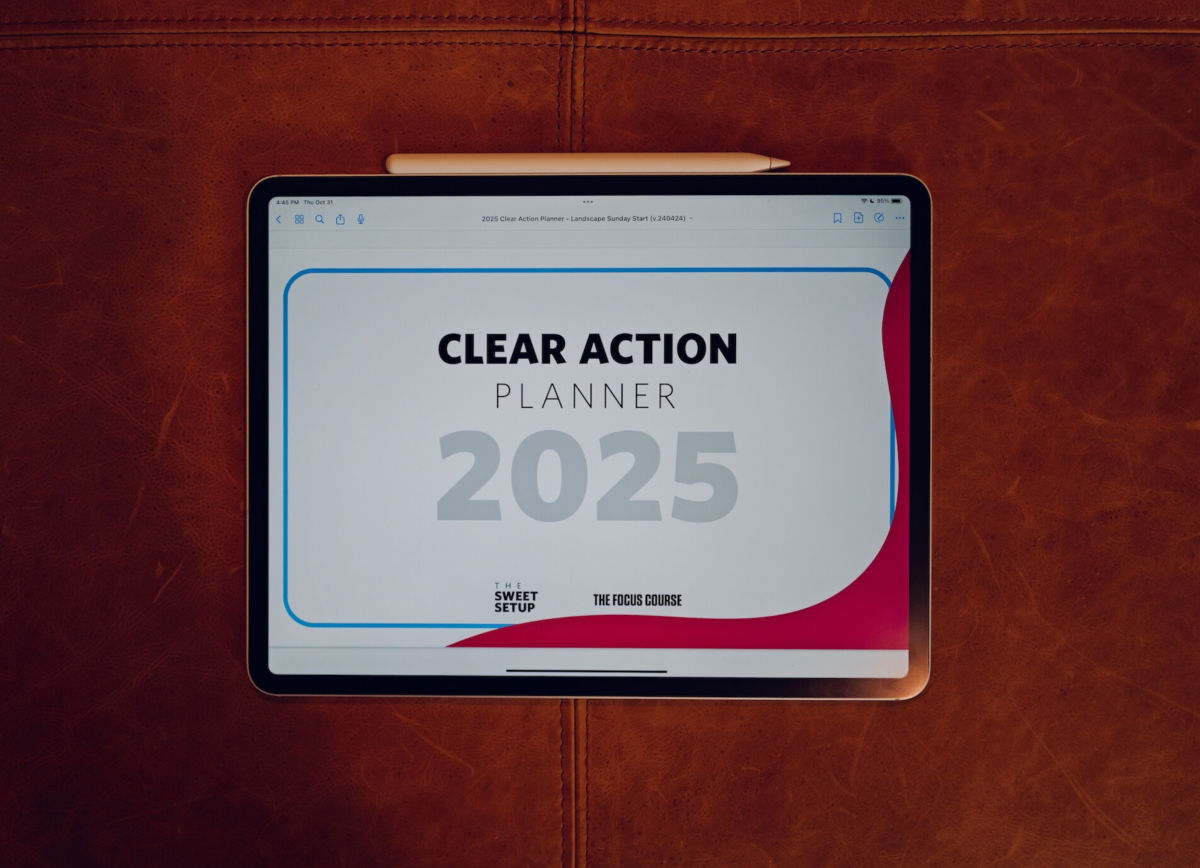


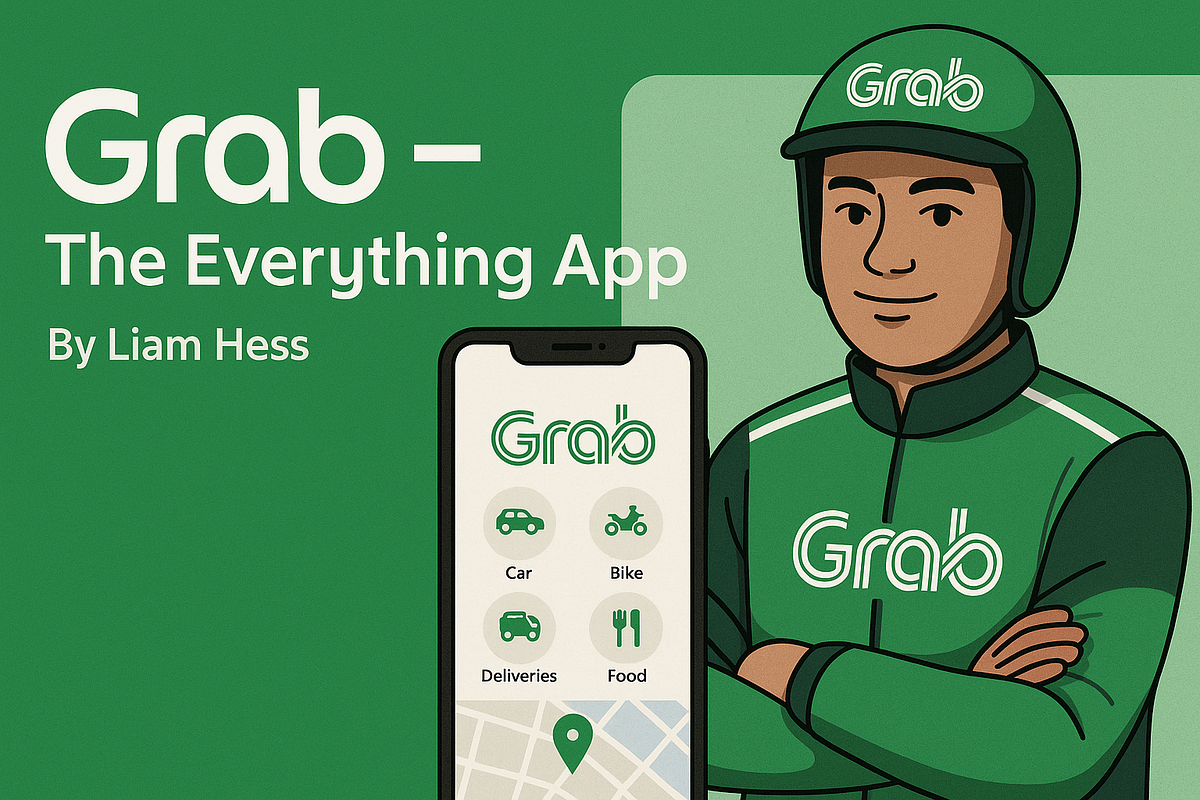






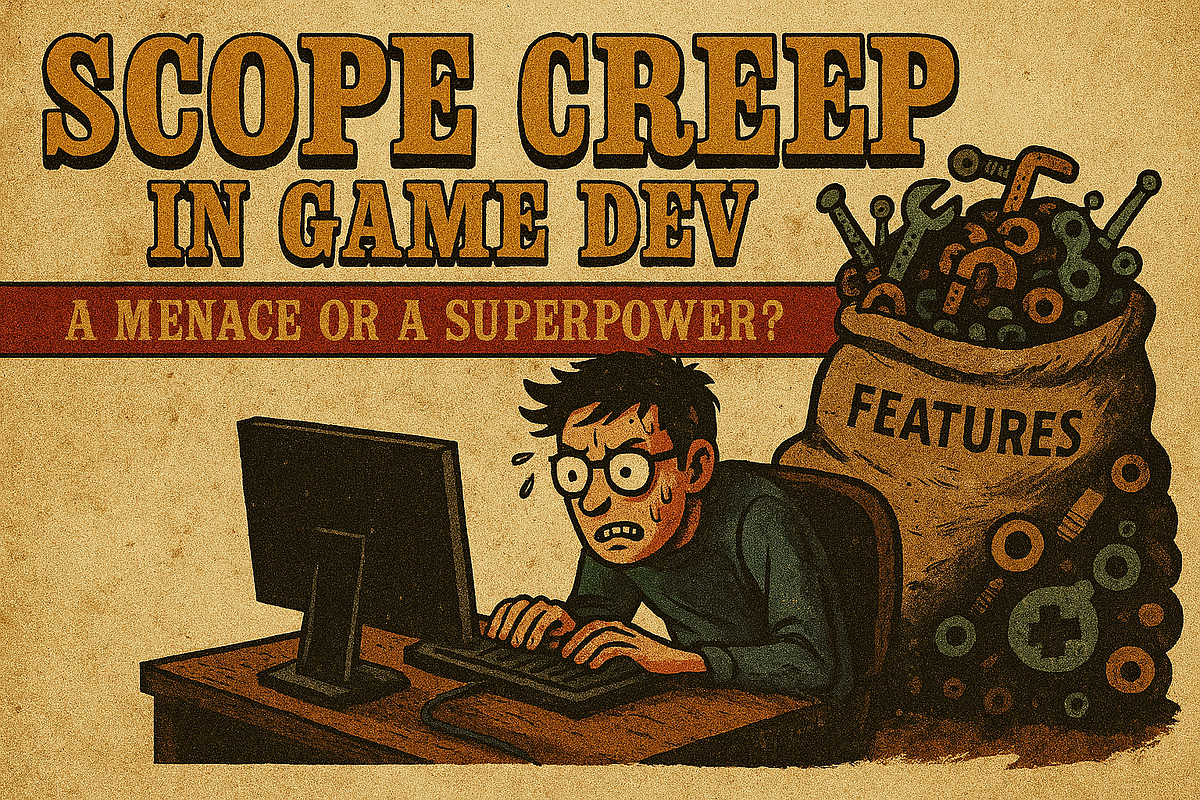
















![Building A Digital PR Strategy: 10 Essential Steps for Beginners [With Examples]](https://buzzsumo.com/wp-content/uploads/2023/09/Building-A-Digital-PR-Strategy-10-Essential-Steps-for-Beginners-With-Examples-bblog-masthead.jpg)
























